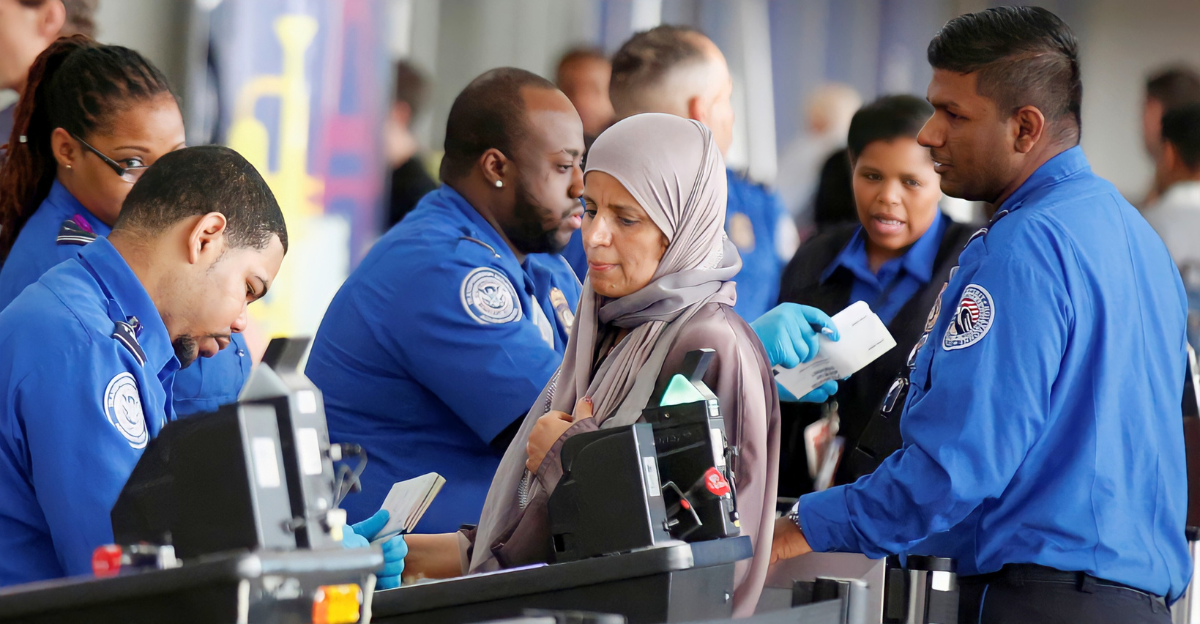
In late August 2025, thousands of Palestinians learned that the doors to the United States had abruptly closed. A confidential cable from Washington instructed consulates worldwide to deny nearly all nonimmigrant visas for holders of Palestinian Authority passports. The sweeping freeze didn’t just affect officials; it halted students, doctors, families, and business travelers.
According to the New York Times, the State Department cited “national security concerns” as justification. But for many, the policy was felt not in headlines, but in canceled flights, revoked plans, and dreams deferred overnight, leaving communities unsettled and searching for answers.
What the Freeze Really Means

This isn’t a bureaucratic slowdown; it’s a near-total stop. Consular staff have been directed to reject every nonimmigrant visa application from PA passport holders, citing Section 221-G of the Immigration and Nationality Act. Usually, that section allows officers to request extra paperwork, but it has become a blanket refusal here.
Whether someone applied for medical treatment, graduate school, or a family reunion, the outcome is the same: denial. Reuters reported that no timeline for review has been provided, creating a wave of uncertainty for Palestinians abroad and at home.
A Policy Broader Than Ever
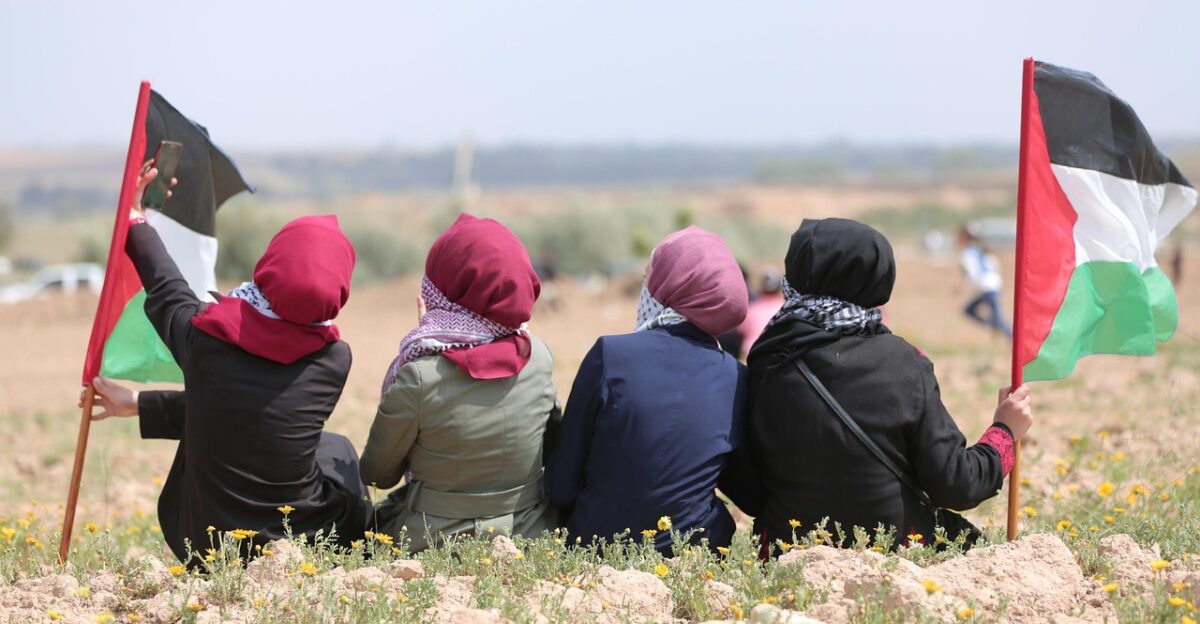
Past restrictions often targeted individuals with suspected militant ties or specific regions. This order is different as it spares almost no one. Even children needing surgery, academics, and senior officials are covered. The New York Times described it as “one of the broadest travel bans in recent memory.”
The only exception lies with Palestinians who hold dual citizenship. For those with only the green PA passport, America is now effectively out of reach, a striking escalation for a population already burdened by layers of travel restrictions from multiple sides.
International Timing, Local Impact
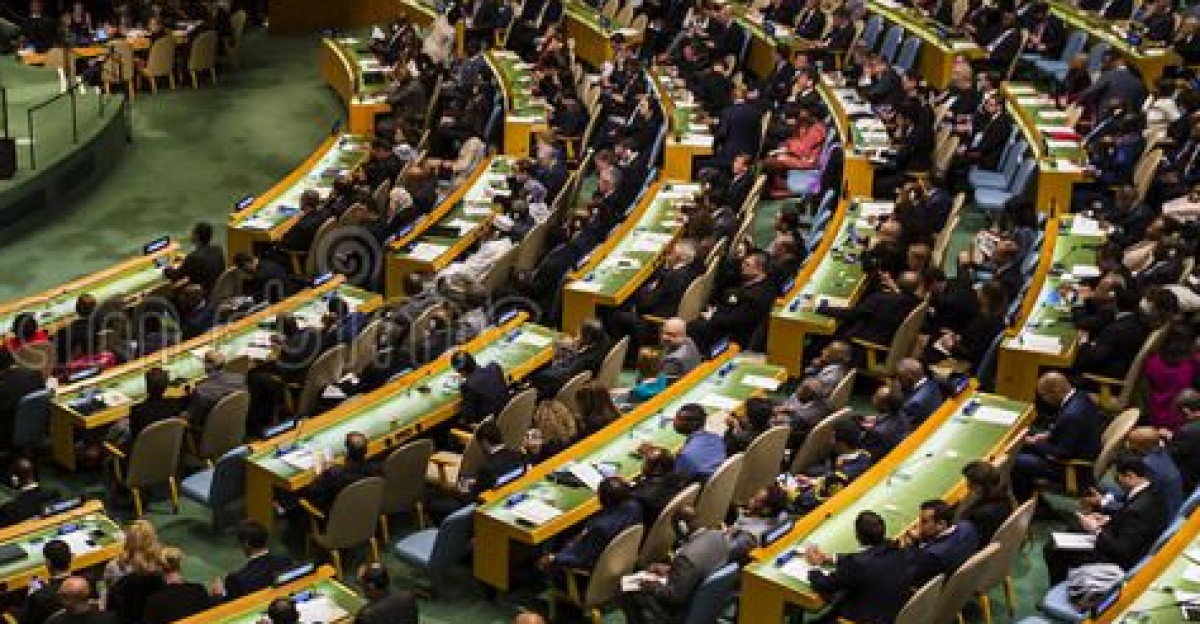
The freeze arrived just days before world leaders convened at the UN General Assembly in New York, where Palestinian statehood was expected to feature prominently. By barring even senior Palestinian officials, the U.S. signaled more than routine visa control—it altered the diplomatic stage.
European diplomats, including representatives from France and the UK, voiced frustration, while aid groups warned of humanitarian fallout. But for many Palestinians, the immediate reality was personal, meaning lost scholarships, missed weddings, and long-awaited medical appointments suddenly beyond reach.
Officials Caught Off Guard

Palestinian diplomats were stunned when President Mahmoud Abbas and senior officials were denied entry to the U.S. for the UN summit. According to Associated Press, many had anticipated routine approvals, only to face unexpected rejections.
American officials reiterated “security concerns,” but Palestinian representatives viewed the decision as a political maneuver aimed at sidelining their delegation during critical debates. Some Western diplomats privately expressed unease at the abruptness and secrecy of the move, noting the lack of a detailed public explanation from Washington.
A Blanket Rule, With Few Exceptions
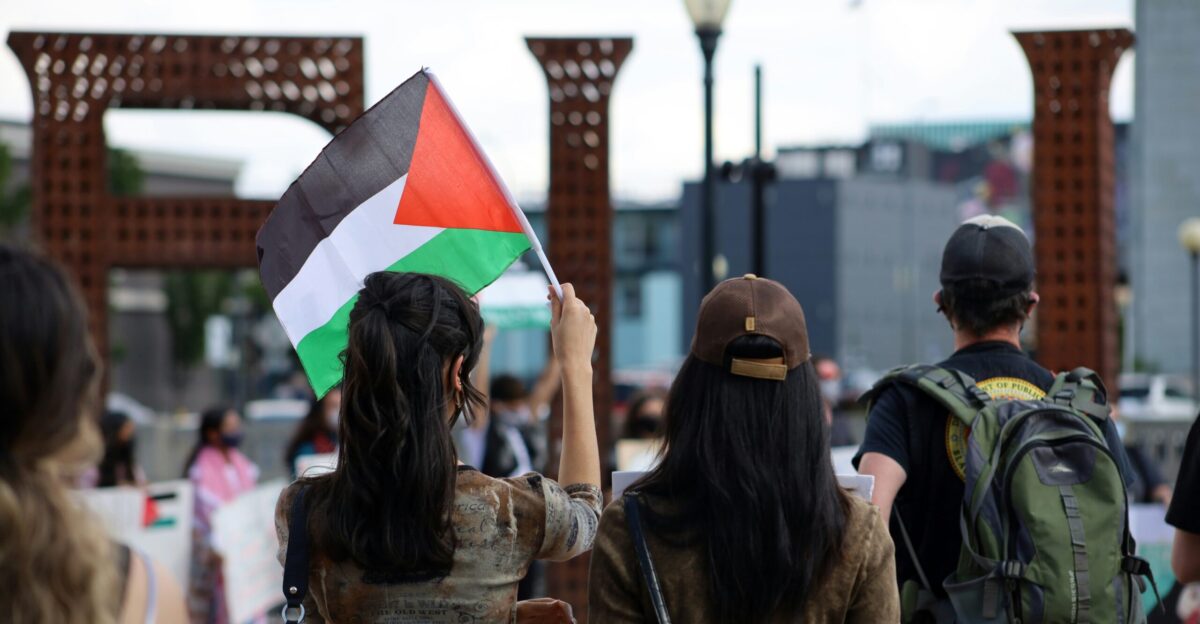
Unlike past policies, this freeze leaves no room for appeals or humanitarian exemptions. If a Palestinian applicant holds only a PA passport, consular officers are instructed to refuse the case outright. Students with scholarships, elderly relatives hoping to visit family, and medical patients facing urgent deadlines are treated equally.
The only way forward is with an additional foreign passport, which most do not possess. Advocacy groups told Reuters the uniformity of the rule makes it among the harshest travel measures Palestinians have ever faced.
Legal Mechanism, Unusual Usage
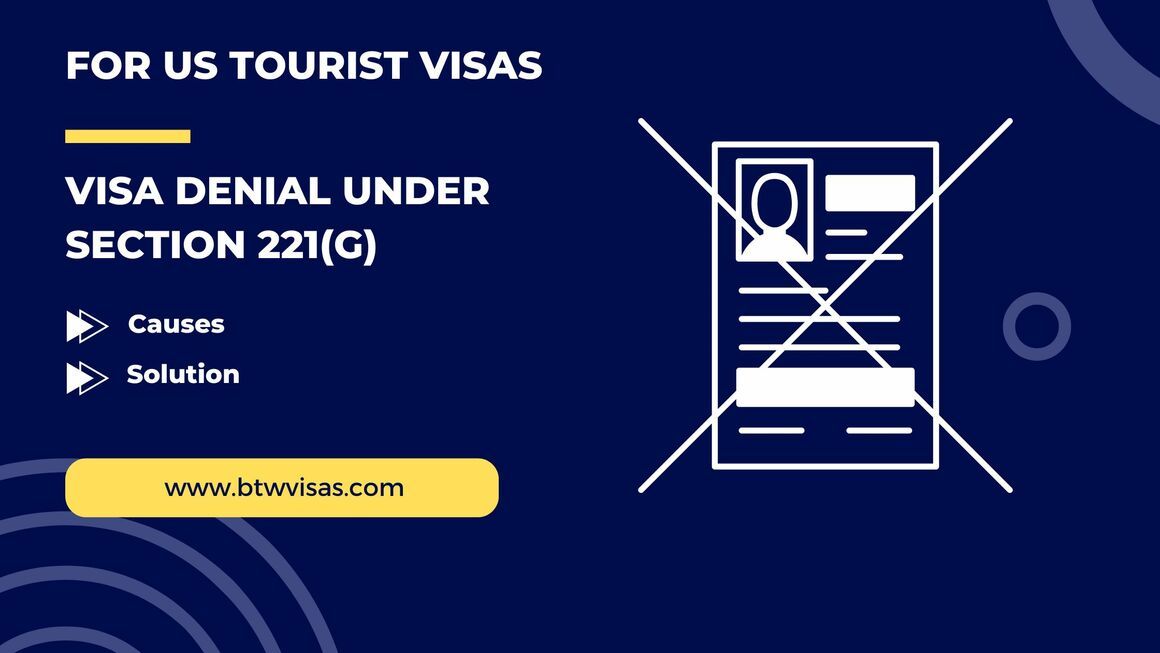
The State Department leaned on Section 221-G of the Immigration and Nationality Act to enforce the freeze. Usually, this clause gives officers time to request extra documents before a decision. Instead, according to the Washington Post, it is being applied as an immediate denial for all PA passport holders.
Officials insist the measure is temporary, but applicants are left in limbo without benchmarks or deadlines. Experts note this creative interpretation of 221-G marks an extraordinary expansion of consular discretion, effectively transforming a procedural delay into a de facto ban.
National Security, Undefined

The State Department’s official explanation cites “national security,” but officials have not disclosed what specific threats prompted the measure. Briefings remain vague, referencing only “vetting concerns.” Rights groups, including Human Rights Watch, argue the justification is dangerously opaque, raising fears of collective punishment rather than targeted security.
Analysts told Reuters that the ambiguity undermined trust and complicated international diplomacy. For applicants, the lack of clarity translates into helplessness, as they are denied entry not for individual actions, but because of a passport that now carries blanket suspicion.
Human Toll, Personal Losses

The policy’s impact is being measured in disrupted lives rather than statistics. Palestinian students with American scholarships saw their semesters collapse. Families waiting for reunification now face indefinite separation. And, according to testimonies gathered by the Palestinian advocacy group Al-Haq, parents clutching medical referrals for critically ill children were turned away at consulates.
While Washington frames the issue as a procedure, the consequences are deeply human, where hospital treatments are missed, opportunities are withdrawn, and loved ones are kept apart. Each rejection letter carries more than bureaucratic weight; it often seals a life-changing loss.
The Gaza Dimension

The freeze expanded an earlier August suspension that targeted Gaza residents. At the time, the U.S. blocked all visitor visas for Gazans, citing concerns amid the ongoing conflict with Hamas. That measure had already stranded wounded civilians seeking medical evacuation.
The new order now applies the same restrictions to anyone with a PA passport, regardless of location. Reuters reported that lobbying from pro-Israel groups and conservative lawmakers influenced the tougher stance, particularly as harrowing images from Gaza intensified political pressure in Washington.
Fast-Moving, Far-Reaching

The policy shift unfolded with unusual speed. What began as a Gaza-only freeze soon encompassed Palestinian diplomats, before widening into a global suspension on all PA passport holders. Analysts quoted by the New York Times described the move as a rapid escalation that reflects broader shifts in U.S.-Palestinian relations.
The fallout was immediate for families and students caught mid-process with forfeited tuition, lost deposits, and shattered travel plans. The suddenness left many scrambling for alternatives, highlighting how quickly diplomacy can reshape everyday lives.
Duration: Indefinite

While U.S. officials describe the freeze as temporary, no timeline or measurable conditions have been shared. Diplomats familiar with the matter told AP that even internal guidance offers no clear benchmarks for review.
Many expect the suspension to remain in place at least through the UN General Assembly, but advocates worry it could quietly harden into long-term policy. The lack of clarity has left Palestinian applicants in limbo, their futures stalled by an order with no defined endpoint and no path forward.
The State Department’s Message
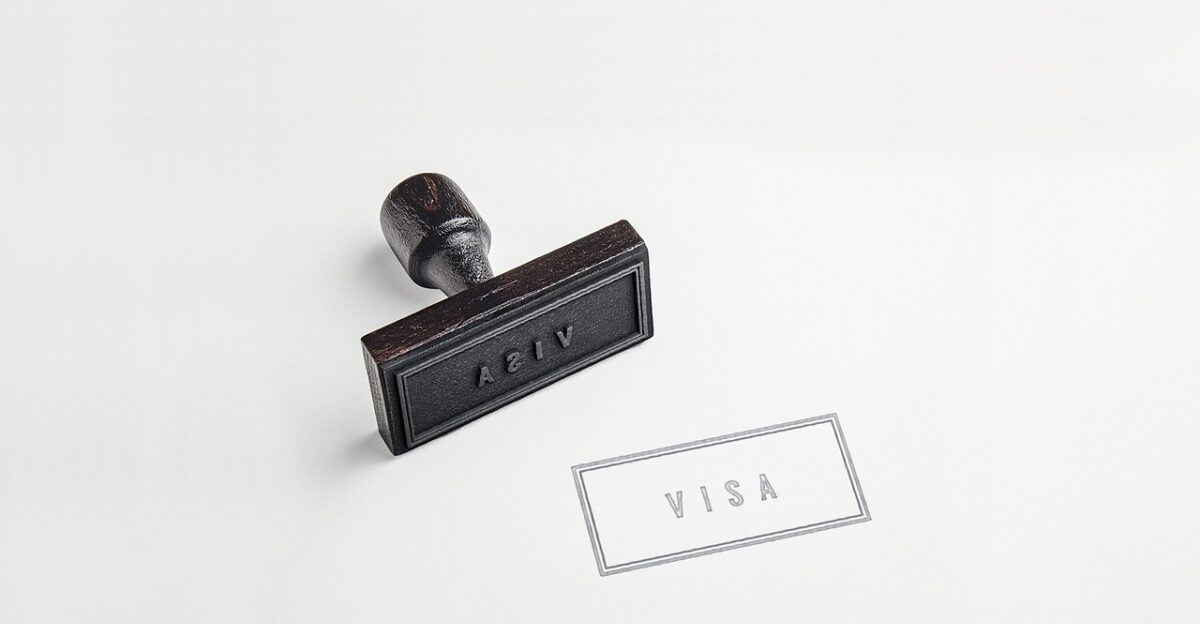
In a statement to the New York Times, a State Department spokesperson emphasized, “Every visa decision is a national security decision.” Internal cables reviewed by the paper reiterated that the U.S. does not recognize the Palestinian Authority as a sovereign government but acknowledges its authority to issue travel documents.
That contradiction, acknowledging the passports yet restricting their holders, has fueled diplomatic tension. It translates into confusion for those on the ground: the document is recognized enough to exist, but not enough to grant them access.
Rights Advocates Respond
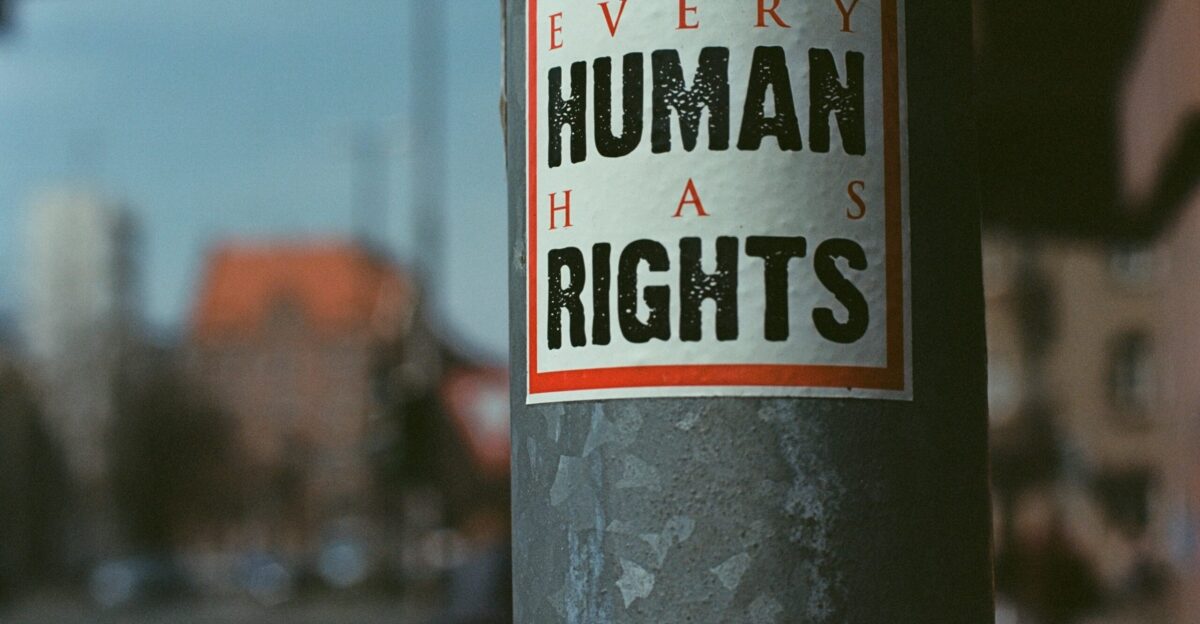
Human rights groups condemned the suspension as “collective punishment,” a term used by Amnesty International in its call for immediate reversal. Advocates argued that blanket bans violate humanitarian norms by disregarding urgent medical needs and family unity. Several groups urged Congress and allied governments to intervene, though prospects for swift change appear slim.
The Washington Post reported that Palestinian rights organizations document cases in real time, hoping international attention might eventually pressure Washington to carve out humanitarian exemptions.
Israel’s Position

The Israeli government welcomed the U.S. freeze. Officials told Haaretz the measure was essential to address security threats during heightened conflict with Hamas. But rights monitors criticized the move as overly broad, saying it punishes civilians far removed from militant activity.
So far, Israeli authorities have not addressed concerns about the collateral impact on ordinary Palestinians, including patients and students. Instead, aligning with Washington’s language underscores the deepening security-first approach shared between the two allies.
No Good Alternatives

For most Palestinians, options are scarce. Those with additional passports—from Jordan, France, or elsewhere—may still apply for U.S. entry. But for holders of only the PA document, the door is closed. Students who already received visas before the freeze may proceed, but new applicants face near-total exclusion.
Alternatives exist in Europe, Canada, and Australia, yet those regions also tighten rules amid rising global instability. As one immigration lawyer told the AP, “It’s not just America—every door is getting harder to open.”
A Domestic Political Chessboard
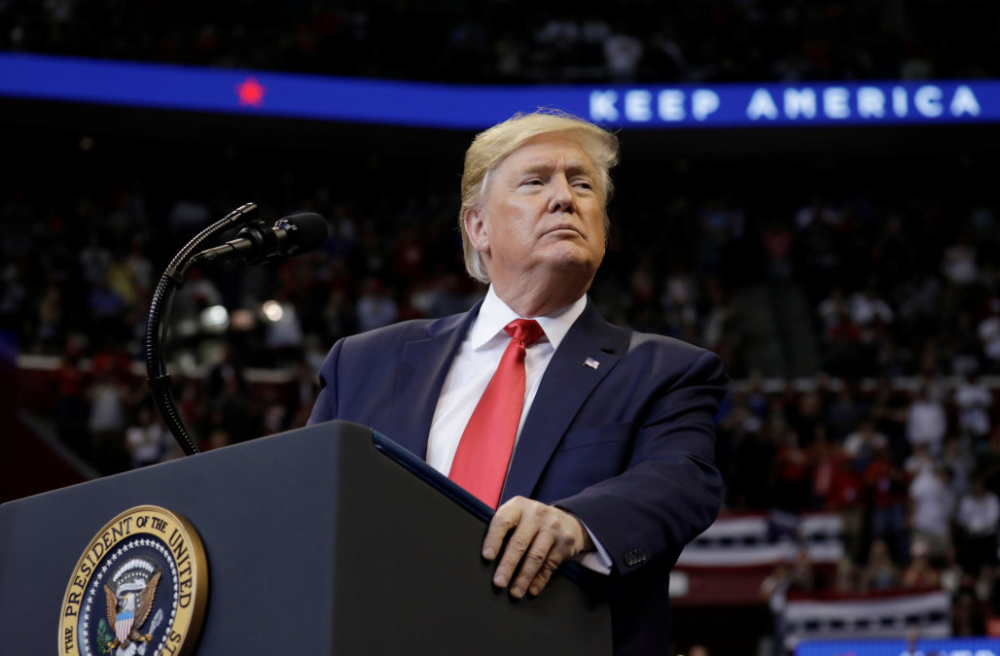
Analysts see the decision as part of the Trump administration’s domestic strategy. By presenting the freeze as a national security safeguard, officials highlight toughness on borders and solidarity with Israel, which resonates with the president’s electoral base.
The Washington Post reported that campaign speeches have already showcased the policy as evidence of firm leadership. International allies, however, remain uneasy about the fallout. The tension highlights how a single visa policy can serve as both foreign diplomacy and domestic politics.
Diplomatic Dominoes

The freeze also intersects with broader diplomatic battles. According to Reuters, France, the UK, Canada, and Australia are weighing formal recognition of a Palestinian state. U.S. officials view the visa suspension as both a pressure tactic and a signal of displeasure with Palestinian diplomacy at the UN.
The result is heightened tension at fragile negotiations, with ordinary people bearing the brunt. While diplomats spar over recognition, families and students are collateral in a larger geopolitical chess game.
Watching, Waiting

Across Palestinian communities, families and students now wait anxiously for updates. Advocacy groups told AP they are inundated with calls from applicants seeking clarity, but answers remain scarce. Some fear the restrictions could escalate into permanent measures, while others hope for a reversal after the UN session.
Meanwhile, humanitarian organizations caution that the long-term toll on education, healthcare access, and family unity has only begun to surface. Each passing week adds fresh accounts of opportunity lost and lives upended by a policy without precedent.
The Uncertain Road Ahead

For now, the message at U.S. embassies worldwide is the same: America is off-limits to PA passport holders. Lawsuits may emerge, and international pressure may build, but the freeze stands until Washington sets a timeline.
Analysts told Reuters the situation may drag on far beyond the UN Assembly. For thousands of Palestinians, the U.S. has slipped out of reach, replaced by uncertainty and frustration. Policy debates will continue, but for families on the ground, the question remains painfully simple: when, if ever, will the door reopen?